Booking starts 2021 stepping very strongly
Marketing 10/03/2021The Rise of Coronavirus, Implementation of PSD2, etc. The stars have aligned for OTAs to seize the opportunity and gain complete freedom to continue creating disparities.
As staunch advocates of direct hotel sales, at Paraty Tech, we make it a point to closely monitor players in the industry that, in some way, pose a threat to the work we do. Therefore, we are always particularly vigilant to detect the implementation of new features by OTAs.
On one hand, admittedly, we learn from them. On the other hand, despite the reservations they generate, they often directly undermine the interests and strategies of our clients. In this article, we want to focus primarily on Booking.com, which has started 2021 with a strong impact. The stars have aligned (the onset of the Coronavirus, the implementation of PSD2, etc.) to precipitate a series of events that we will list below.
Some of the following initiatives have been implemented unilaterally, without prior notice to hoteliers. Therefore, in addition to listing them, we will emphasize the pros and cons, and provide suggestions as possible solutions to mitigate their impact.
Risk-Free Reservations
A clear example of this increasingly common practice of proceeding without prior consultation that we mentioned earlier. We assume that, from Booking.com's perspective, it is more profitable to ask for forgiveness than permission. In principle, they have enrolled all hotels in their client portfolio in this new program, which basically converts Non-Refundable rates into Flexible rates. Furthermore, it is almost impossible to detect because, from the end customer's perspective, they are being offered a Flexible Rate without knowing that, originally, it is Non-Refundable. To make matters worse, its entry depends on the OTA's algorithm, which decides based on the date and expected demand.
In summary, the hotel has that reservation guaranteed, but the customer can cancel it because Booking.com commits to fill that gap with another guest or, failing that, to assume the cost of the reservation. Smart, isn't it? Certainly, as long as you have the necessary financial cushion to cover possible expenses you may incur.
Pros for the hotelier
- Can reopen Non-Refundable rates, which had practically become extinct due to the pandemic, as they will ultimately be Flexible.
- The On the Books forecast for these types of rates is guaranteed, reducing volatility.
- Does not incur costs beyond the discount decided for Non-Refundable rates.
Cons for the hotelier
- Booking.com, in its effort to fill cancellations, will see an open door to generate price disparities.
- If Booking.com's algorithm does not consider it feasible to guarantee that reservation, it will not activate the program, so the hotelier will have a Non-Refundable rate, which is very unattractive given the current circumstances.
Suggestions
- Opt for Semi-Flexible rates: These rates provide peace of mind to guests and certain guarantees to hoteliers, as they often include a partial prepayment. With our recently launched Paraty E-Payments system, managing payments for these types of rates is straightforward.
- Deactivate the Risk-Free Reservations program: This is easy to do from the Booking.com extranet by following these steps:
- Click on "Improvement Opportunities"
- Click on "Risk-Free Reservations Program"
- At the bottom, select the option "Leave the program"
- Decide for how long (we recommend "Indefinitely")
- Specify the reason
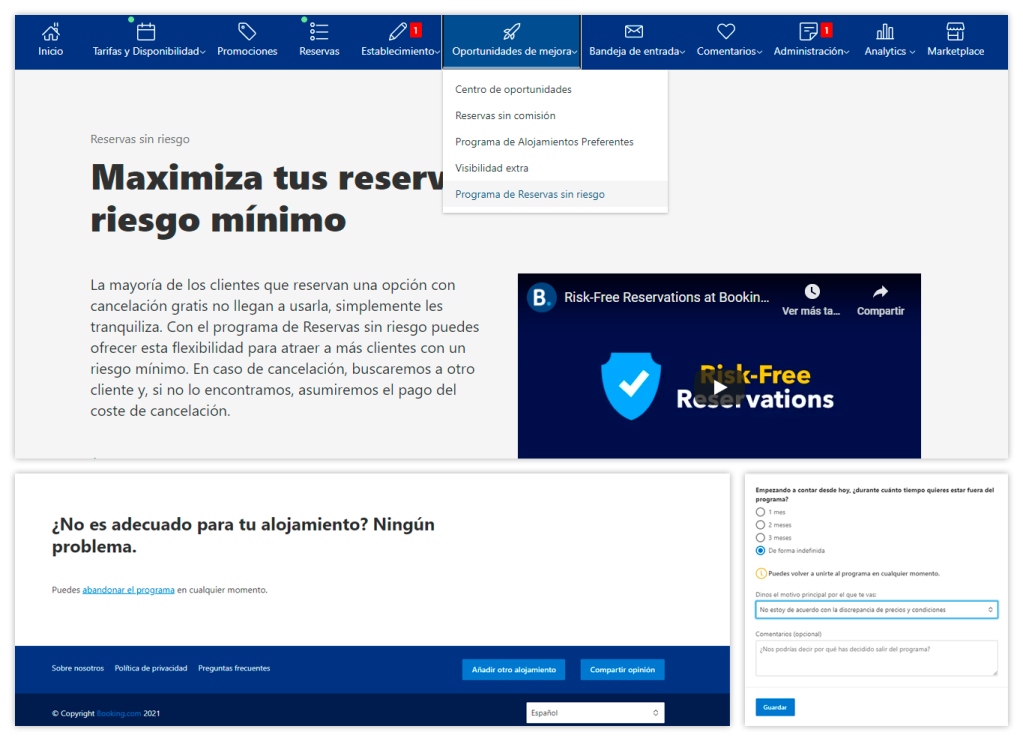
Online Payments
When we first detected the acclaimed Early Payment Benefit back in March 2019, we were not yet aware of how much OTAs would try to capitalize, just a few months later, on the implementation of the new PSD2 regulation (mandatory since the beginning of this year). A realm, online payments, where we must admit they have always been one step ahead of the rest of the players, including the direct sales channel, the official website.
Thus, simmering in the background, the ideal breeding ground has been created to convince hoteliers that the most convenient thing is to disengage from this "problem" and leave the management of online payments in their hands. A half-truth and also a double-edged sword, as it actually presents the perfect opportunity to create more disparities.
Pros for the hotelier
- OTAs strictly comply with PSD2.
- OTAs have various payment methods (Paypal, Bizum, Amazon Pay, Apple Pay, Wechat, etc.)
- Ultimately, delegating this aspect is convenient because it facilitates their operation.
Cons for the hotelier
- Non-Refundable rates are not charged immediately, so it does not improve cash flow, nor is money received in advance as before.
- Virtual Card payments incur a cost (2%-3% according to the bank).
- Payments via Bank Transfer will reach the hotelier between the 1st and 15th of the following month.
- A new door opens to possible disparities because Booking.com will have the money in advance, so it can afford to partially sacrifice its commission, in addition to taking advantage of implementing features like the aforementioned Early Payment Benefit.
- In terms of invoicing, if the customer requests an invoice at the hotel, they will be forced to invoice for a higher amount than the net amount received.
- Discounts are not easy to detect because they do not always show, complicating the identification of disparities.
Suggestions
- Discounts on the website: Offering discounts on the official website goes from being recommended to practically mandatory. In real terms, Booking.com's Publicly Viewable Price (PVP) is no longer PVP, as they will almost automatically apply discounts of 5%-10%, depending on the hotel.
- Price automation tools: The implementation of tools like Parity Maker, which match the price with the selected OTA in real-time, should be activated by default, although, as mentioned, they will not always detect discounts, so this alone will not be sufficient.
- Manual reviews: In relation to the previous point, it doesn't hurt to conduct random manual reviews. No one knows their rates better than the hotel, and it will be easier to detect these actions by conducting manual searches.
- Tools that justify discounts and increase conversion: Anything we do is not enough. Therefore, initiatives that offer promo codes in exchange for actions by guests will be very useful. For example, activating tools like Rescue Seeker (active retargeting to prevent abandonments) or inviting guests to subscribe to the newsletter to benefit from a discount and, incidentally, increase contacts in our database.
- Loyalty Club: Probably the best way to justify, more than justified, the Booking.com price while taking a step further to make our customers feel special for booking through the direct channel.
Other "Pirate" Disparities
This list will continue to grow over the days, but as of today, we are able to list the following, sufficient reason to remain very alert:
- Discounts, in the form of direct cash to travel, in exchange for inviting our friends to book.
- Promo codes to accumulate money for future trips.
- Cashback after the trip, or incentives to book through the promise of a percentage refund (10%) once the stay is completed.
- Exclusive discounts by platform, for example, in the App. Price Seeker already detects them, but it is advisable not to lose sight of this type of action.
- Temporary activation of the Genius program only by registering or logging in.


















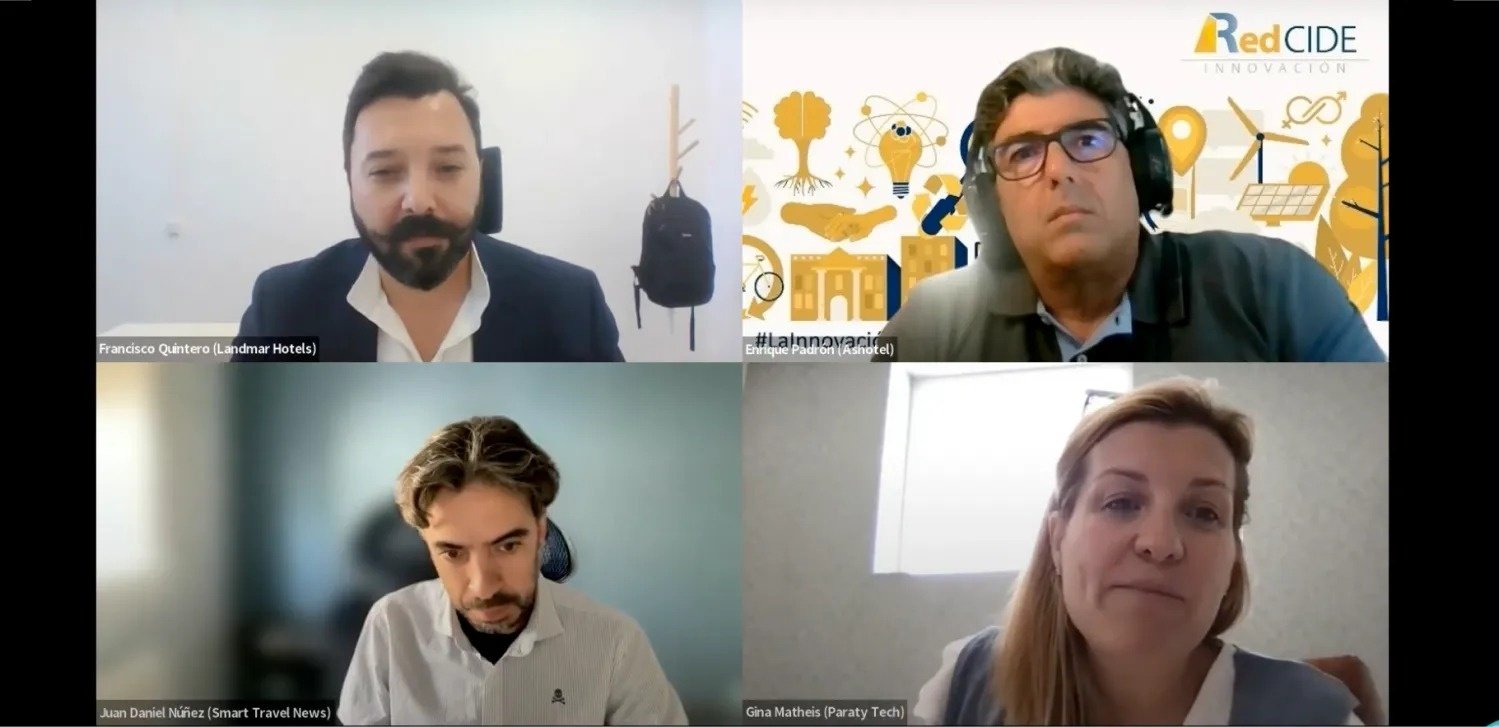
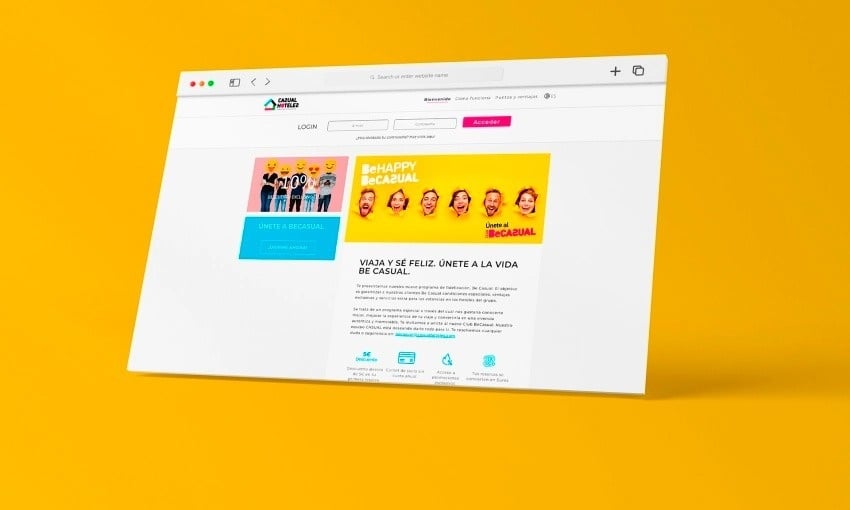

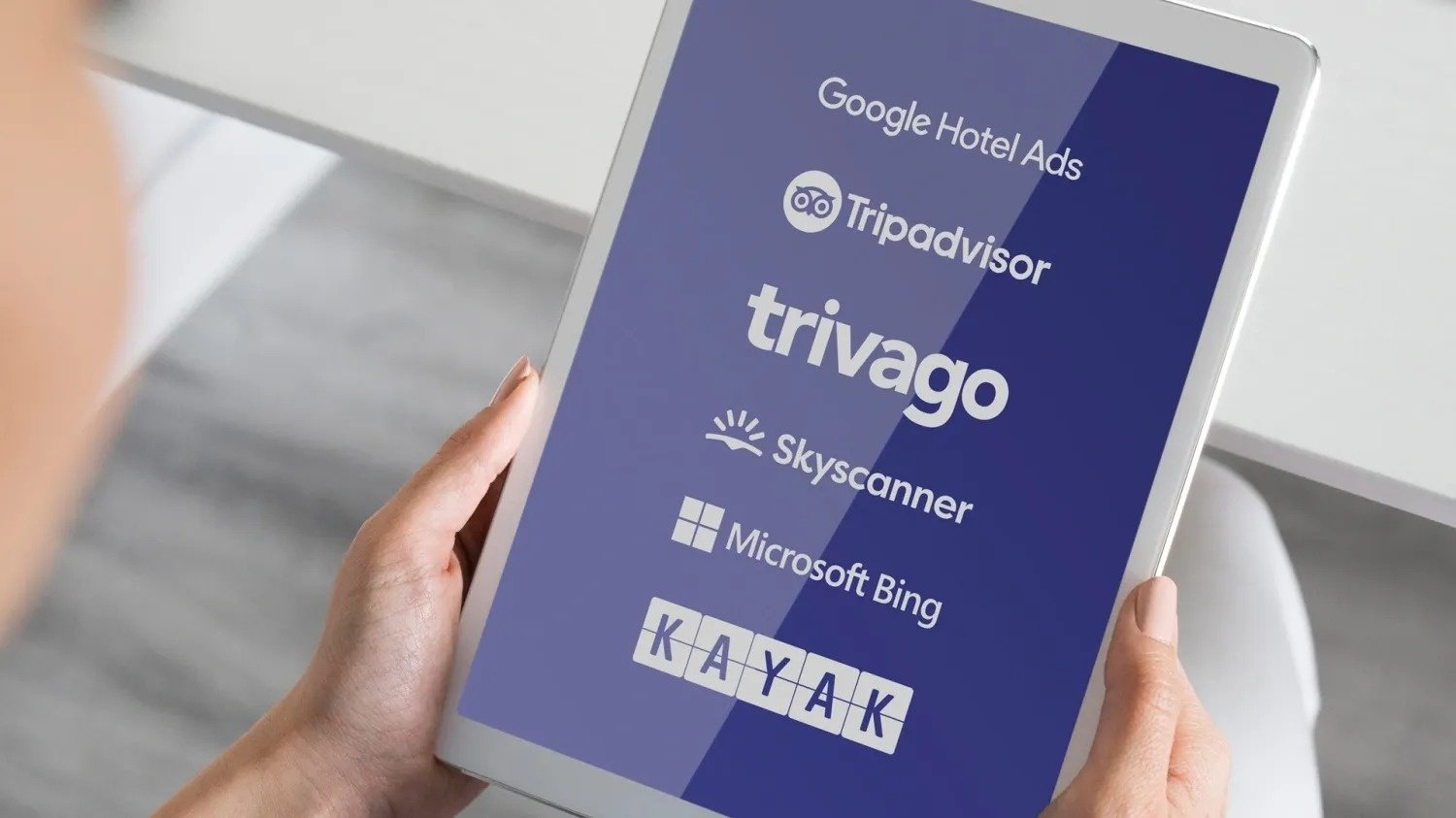





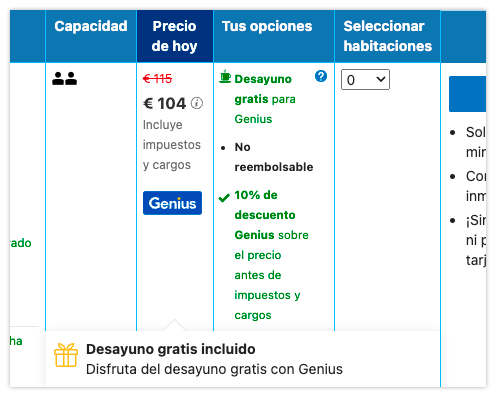
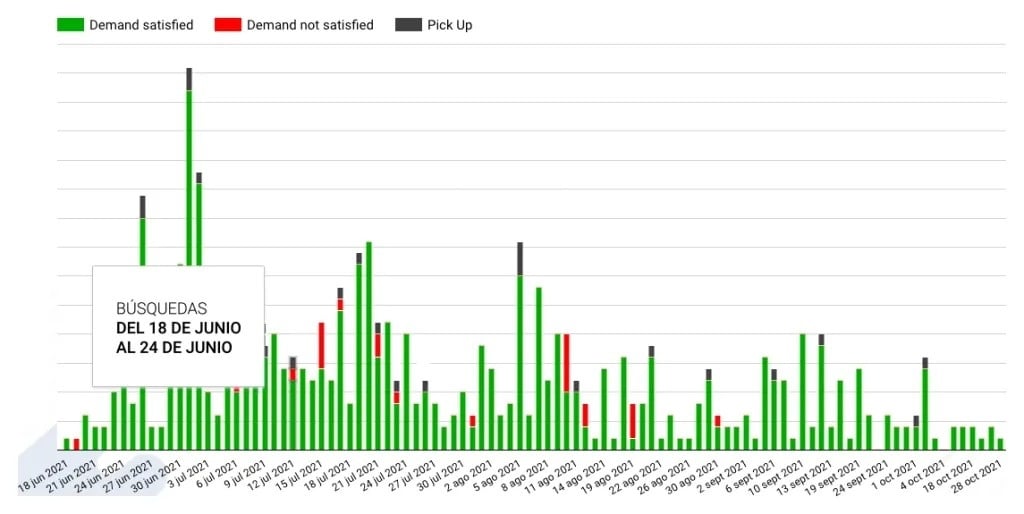

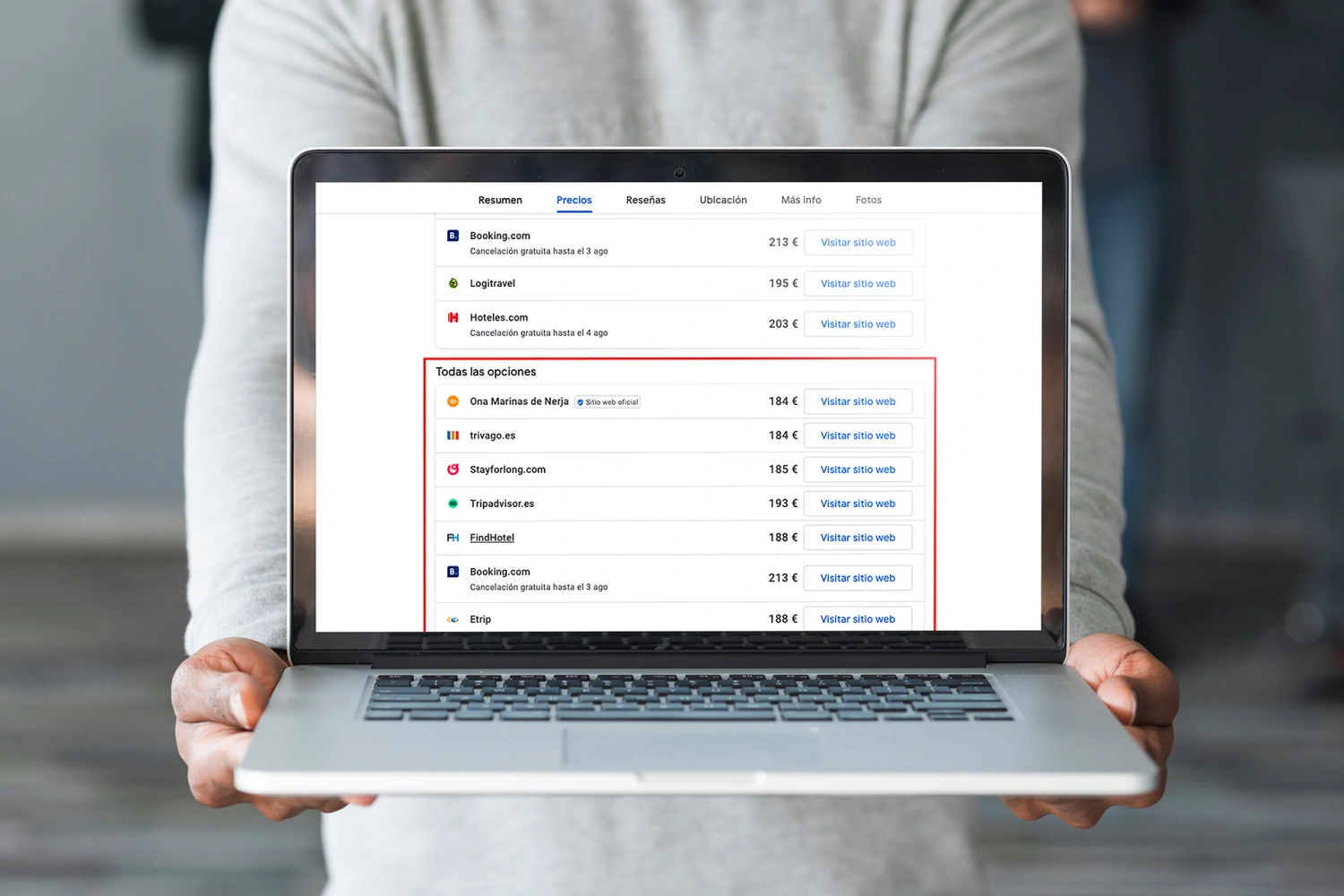

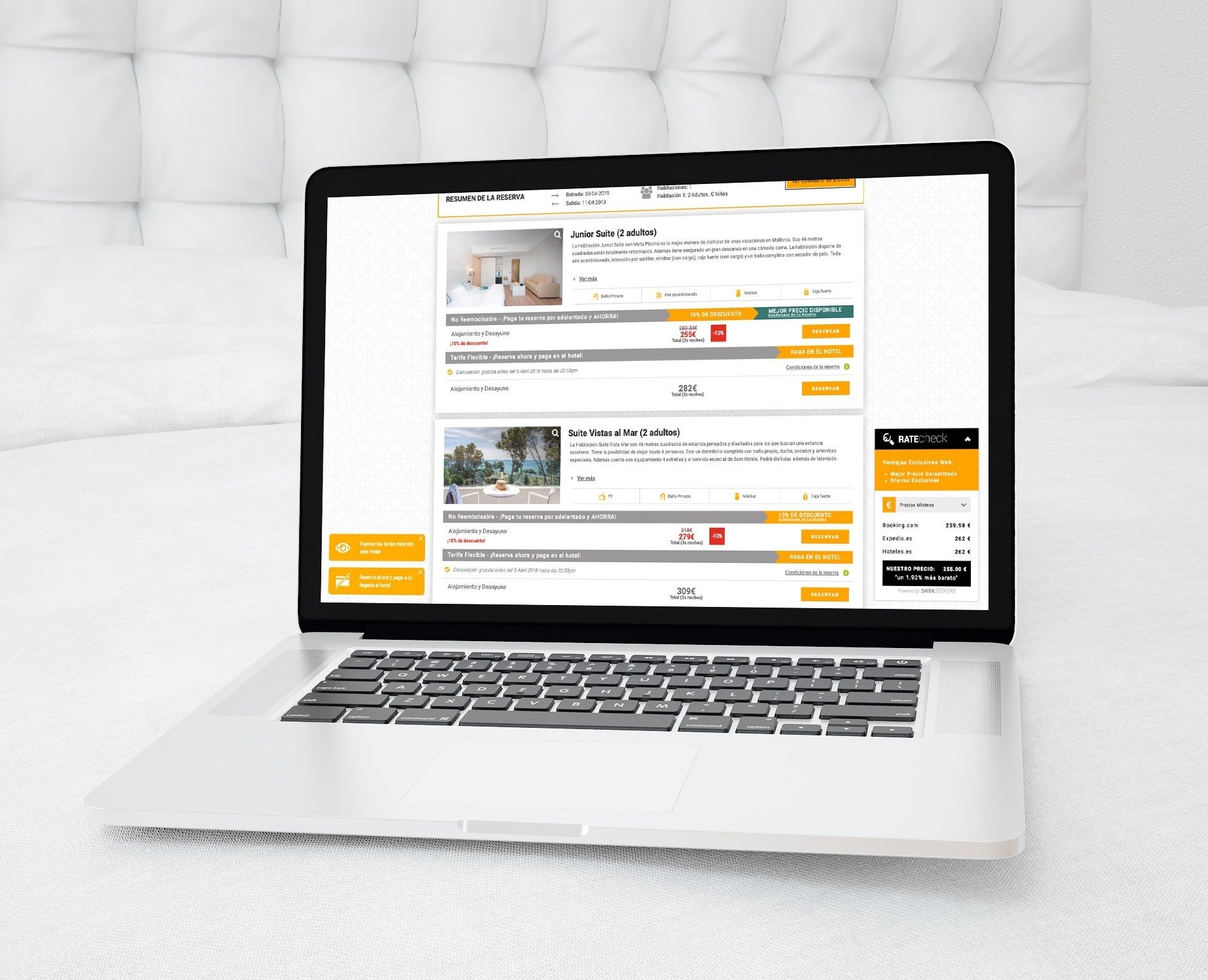
![[INFOGRAPHIC] Your newsletters and databases, more powerful than ever](https://cdn2.paraty.es/paratytech/images/e9e9f5c0c2459de)